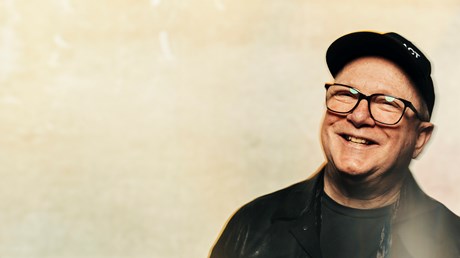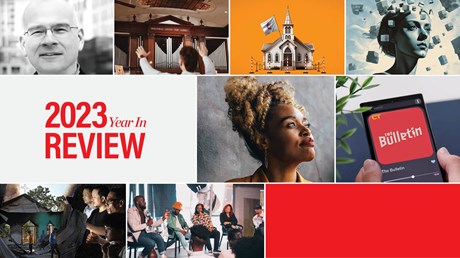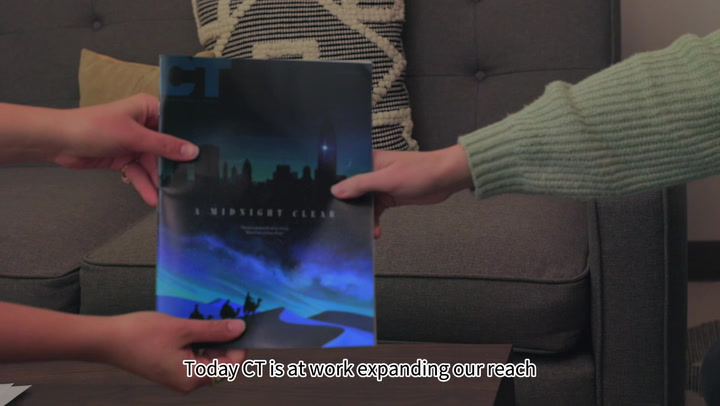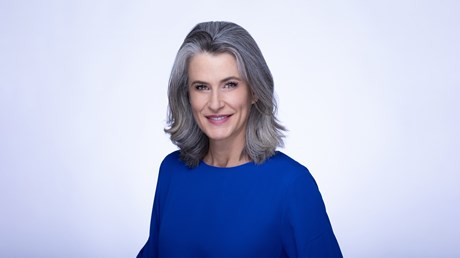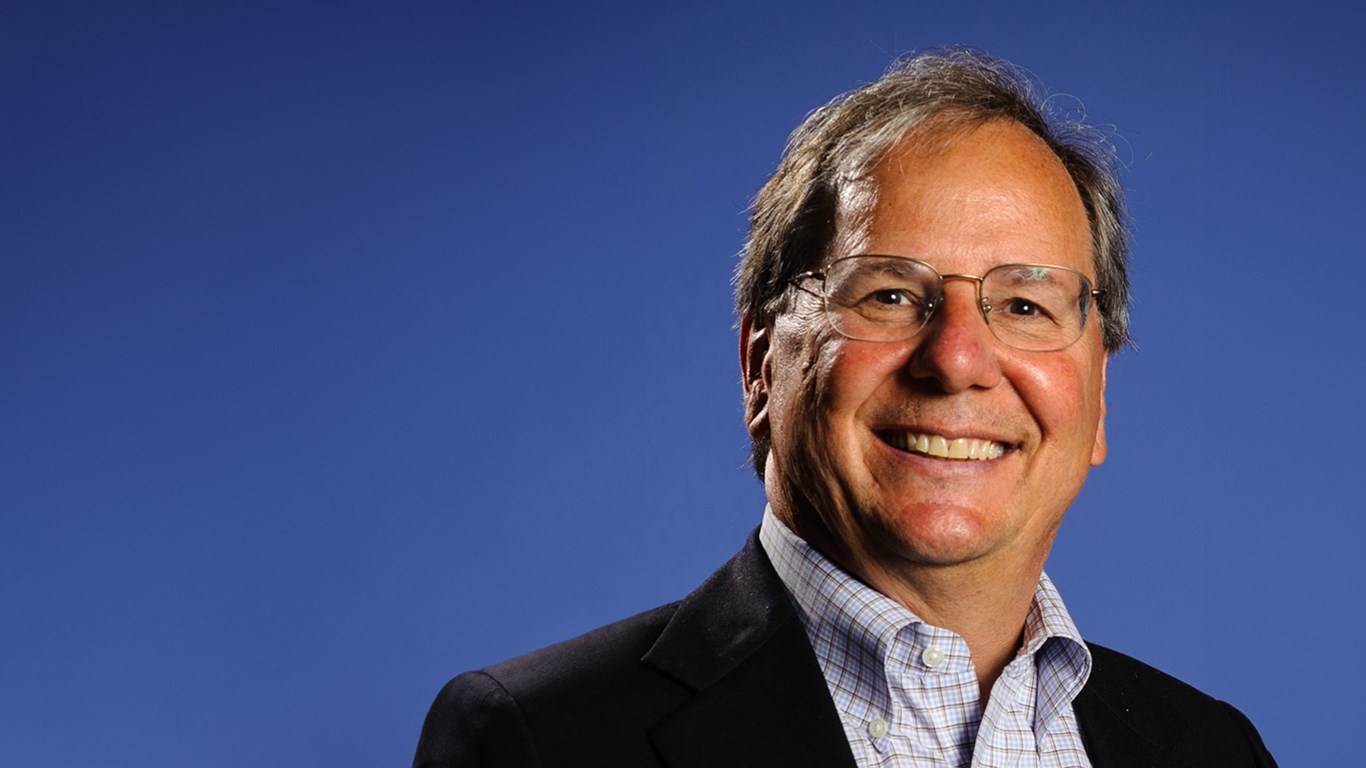
Will you help encourage and connect the church?
Give NowWill you help encourage and connect the church?
Give NowWhen Barry Rowan was five years old, he wanted to become a priest.
“They were the people I knew who spoke to God and about God,” he said. “I had this deep, deep yearning for God—but this desire lived under a fragile treaty with my steely, strong will.”
Born in Idaho to two veterinarians, with a father from New York City and a mother raised in South America, Barry describes himself as a terrible two-year-old and a divided five-year-old.
“During those years my parents would look at each other and say, ‘We love him because he’s ours,’” Barry said.
It would take several more decades for the depth of the interior divide to be revealed and reconciled. At 28, Barry attended a Young Life camp, where he realized in a flood of tears that he was “sick and tired of living a divided life.” Eight months and sixteen books later, and after writing a treatise to himself he called “My Confusion over Christianity,” he finally said to Jesus, “I give up,” on a run around the lake by his house.
“My will had to be submitted to the will of God,” he said. “Surrender is the gateway to transformation because it gives God permission to do his work in us. He’s so gracious. He will never impose himself on us. But we need to invite him in to allow him to do that work.”
For Barry, who spent an executive career building and turning around companies in the technology and communications space, this act of surrender put his life on a trajectory that would ultimately lead him to partnering with Christianity Today.
“I believe CT can be a voice that raises up the work of God in the world and shows lives of meaning, contribution, and caring in tangible ways that matter,” Barry said.
To that end, Barry is passionate about how CT is reaching the next generation. Just as his own faith came as a young adult as he wrestled with Christianity, Barry is excited about the ways CT envisions coming alongside the next generation of believers to meet their needs and equip them as leaders.
“We know that the church is the one institution that will last for eternity because it was established by Christ. But the church has to be reimagined for every generation,” he said. “[CT’s next generation emphasis] is a really important initiative, because if we’re not raising up the next generation the church will wither.”
One of his passions is investing in “the next generation of Christ-following leaders who are called to live fully for God in the world.”
“How do we live for God in the harshness of this world–not withdraw from the world but engage the world?” asks Barry, who recently authored The Spiritual Art of Business: Connecting the Daily with the Divine.
In his personal life, part of answering these questions has involved his family’s relationship with the people of Latin America. When Barry turned 50, he took a “purposeful pause,” having worked “flat out for 25 years.”
“We felt we needed a rest like a rest in music,” he said. “For accomplished musicians, the rest is what gives richness to the music. Our goal was to not slur the rest, to allow time for the rest to add to the richness of our lives.”
His family, including their two sons who were in high school and college at the time, decided during this pause that they wanted to walk more intentionally with the poor. After developing four criteria and interviewing several organizations breaking the poverty cycle through sustainable programs, they began working with an organization that helps people in poverty become landowners.
Barry watched the relationships with the locals change his sons’ lives: His older son studied abroad in Costa Rica to learn Spanish, volunteered with Habitat for Humanity in El Salvador, and then worked with foster kids after graduating from law school. His younger son helped a boys' home in Honduras develop a strategic plan. As he saw the power of business thinking contribute to real-world problems, he decided to go to business school and his compassion has continued to deepen since then.
“Walking with the poor as friends and recognizing we share a common humanity has been a beautiful gift to our family,” Barry said.
He’s seen the transformation in his kids as they have been empowered to lead and invest in others—something he hopes CT’s focus on the next generation will also accomplish.
Alongside Linda, his wife of forty-two years, the Rowans have continued to act thoughtfully about where they invest their family’s time and resources.
“We’ve developed a deep respect for Tim and a real affinity for both Tim and Joyce,” he said, referring to CT’s president Timothy Dalrymple, and his wife. “Tim is a very thoughtful, capable leader. He is bringing a clear and compelling vision to CT.”
Noting his more than 40 years of business experience across eight companies, Barry said he has observed that “effective leadership usually starts with a well-honed intuition and a clear vision that builds over time.”
“To me, one of the hallmarks of effective leadership is its cumulative impact,” he said. “Good leadership builds on a solid foundation and early successes and then goes from strength to strength.
“Tim’s vision, and that of the organization, builds on the historical strengths of CT in ways that can also dynamically adapt to a rapidly unfolding future.”



